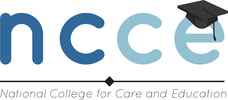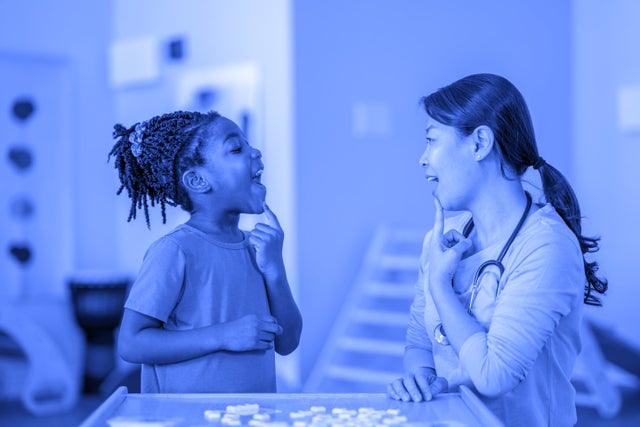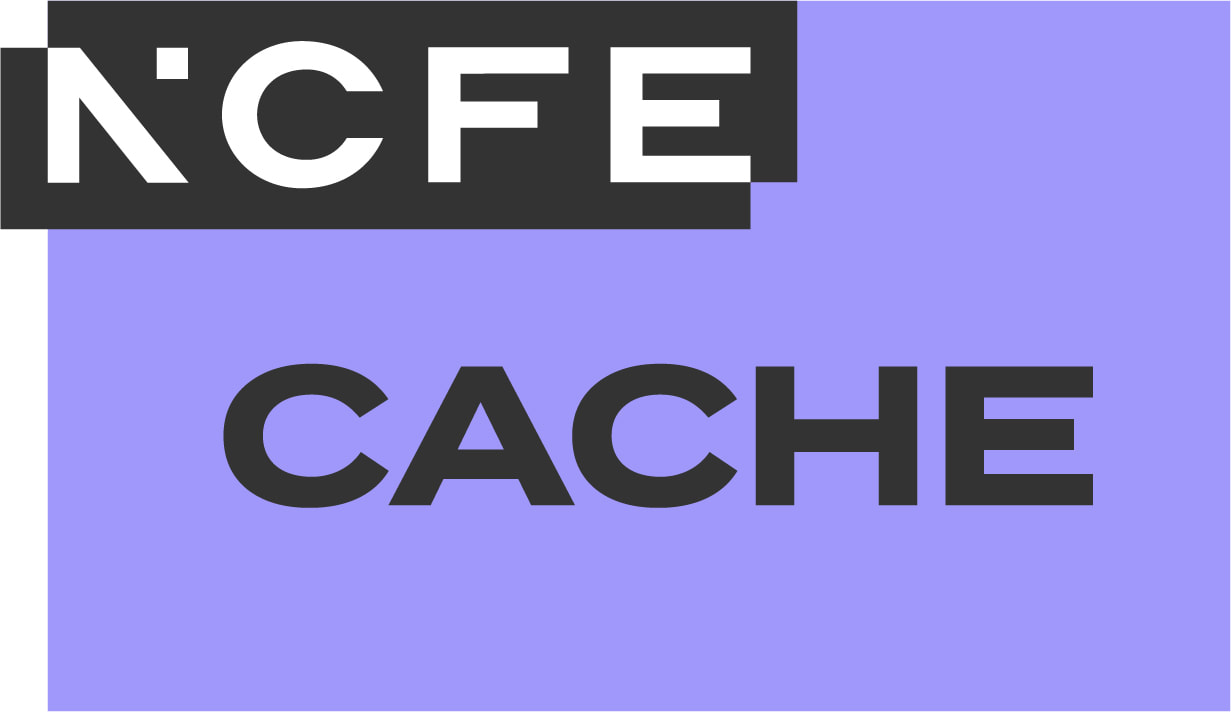- Early Years Education
- >
- CACHE Level 3 Award in Supporting Children and Young People's Speech, Language and Communication
CACHE Level 3 Award in Supporting Children and Young People's Speech, Language and Communication
SKU:
£480.00
80
480
£80.00 - £480.00
Unavailable
per item
-
Key Facts
-
Description
-
Syllabus
-
Placement
-
Your Future
<
>
Qualification Level: 3
Location: Remote- flexible online learning materials for self-study, plus live online teaching to meet your timetable
Awarding Body: NCFE CACHE
Regulated Qualification (QRN) Number: 600/4257/6
Placement Required: Yes
Recognised Qualification: Yes. RQF
Entry Requirements: L1 Literacy and Numeracy preferred
Minimum Age: 16 Years
Duration: The approximate enrolment period is 6 months.
Payment types: Instalments available Payment types: Instalments available.
Resources included: Full tutor support, online learning materials and student support forum
Location: Remote- flexible online learning materials for self-study, plus live online teaching to meet your timetable
Awarding Body: NCFE CACHE
Regulated Qualification (QRN) Number: 600/4257/6
Placement Required: Yes
Recognised Qualification: Yes. RQF
Entry Requirements: L1 Literacy and Numeracy preferred
Minimum Age: 16 Years
Duration: The approximate enrolment period is 6 months.
Payment types: Instalments available Payment types: Instalments available.
Resources included: Full tutor support, online learning materials and student support forum
What does the qualification cover?
This qualification develops the knowledge and the skills necessary for effective communication and how to identify development needs and support for individuals. Speech, language and communication skills are essential for learning and social and emotional well-being, therefore it’s important that practitioners understand what typical development looks like for different age groups.
Who is it suitable for?
Practitioners in a wide range of settings who are looking to improve their practice and specialist learning. This includes settings for children and young people, playwork, health and social care, youth justice and Supporting Teaching and Learning.
Do you need to be working to take the qualification?
Yes, you will need to be working, volunteering or on practical placement as you need to show competence in both knowledge and skills.
This qualification develops the knowledge and the skills necessary for effective communication and how to identify development needs and support for individuals. Speech, language and communication skills are essential for learning and social and emotional well-being, therefore it’s important that practitioners understand what typical development looks like for different age groups.
Who is it suitable for?
Practitioners in a wide range of settings who are looking to improve their practice and specialist learning. This includes settings for children and young people, playwork, health and social care, youth justice and Supporting Teaching and Learning.
Do you need to be working to take the qualification?
Yes, you will need to be working, volunteering or on practical placement as you need to show competence in both knowledge and skills.
This qualification is made up of three units:
CYPOP 20 Support speech, language and communication development
The unit aims to provide a basis for understanding the typical development of speech, language and communication in children and young people and the importance for a child or young person’s overall development.
CYPOP 24 Support children and young people's speech, language and communication skills
This unit explores the ways in which those working with children and young people can support the development of speech, language and communication skills. The unit also looks at how to recognise, and access specialist support, for those children and young people who may have speech, language and communication needs.
CYPOP 15 Support positive practice with children and young people with speech, language and communication needs
The unit aims to ensure that practitioners work with children and young people at the centre of their practice and base their work on the strengths of the children and young people rather than their difficulties.
CYPOP 20 Support speech, language and communication development
The unit aims to provide a basis for understanding the typical development of speech, language and communication in children and young people and the importance for a child or young person’s overall development.
CYPOP 24 Support children and young people's speech, language and communication skills
This unit explores the ways in which those working with children and young people can support the development of speech, language and communication skills. The unit also looks at how to recognise, and access specialist support, for those children and young people who may have speech, language and communication needs.
CYPOP 15 Support positive practice with children and young people with speech, language and communication needs
The unit aims to ensure that practitioners work with children and young people at the centre of their practice and base their work on the strengths of the children and young people rather than their difficulties.
Learners will need to be working, volunteering or on practical placement to be able to show competence in both knowledge and skills.
As a voluteer, one day or morning/afternoon per week to log and demonstrate your skills while on the course will be sufficient.
This award provides opportunities for specialist learning for practitioners working in a wide range of occupational settings including:
- children and young people’s
- early years
- health and social care
- playwork
- youth work
- educational.
This qualification also affords opportunity for further development for qualified practitioners who wish to specialise in supporting children with speech and language development. Continuing professional development in speech language and communication can lead to an increase in confidence. It can also improve practice and achieve better outcomes for children and young people.







